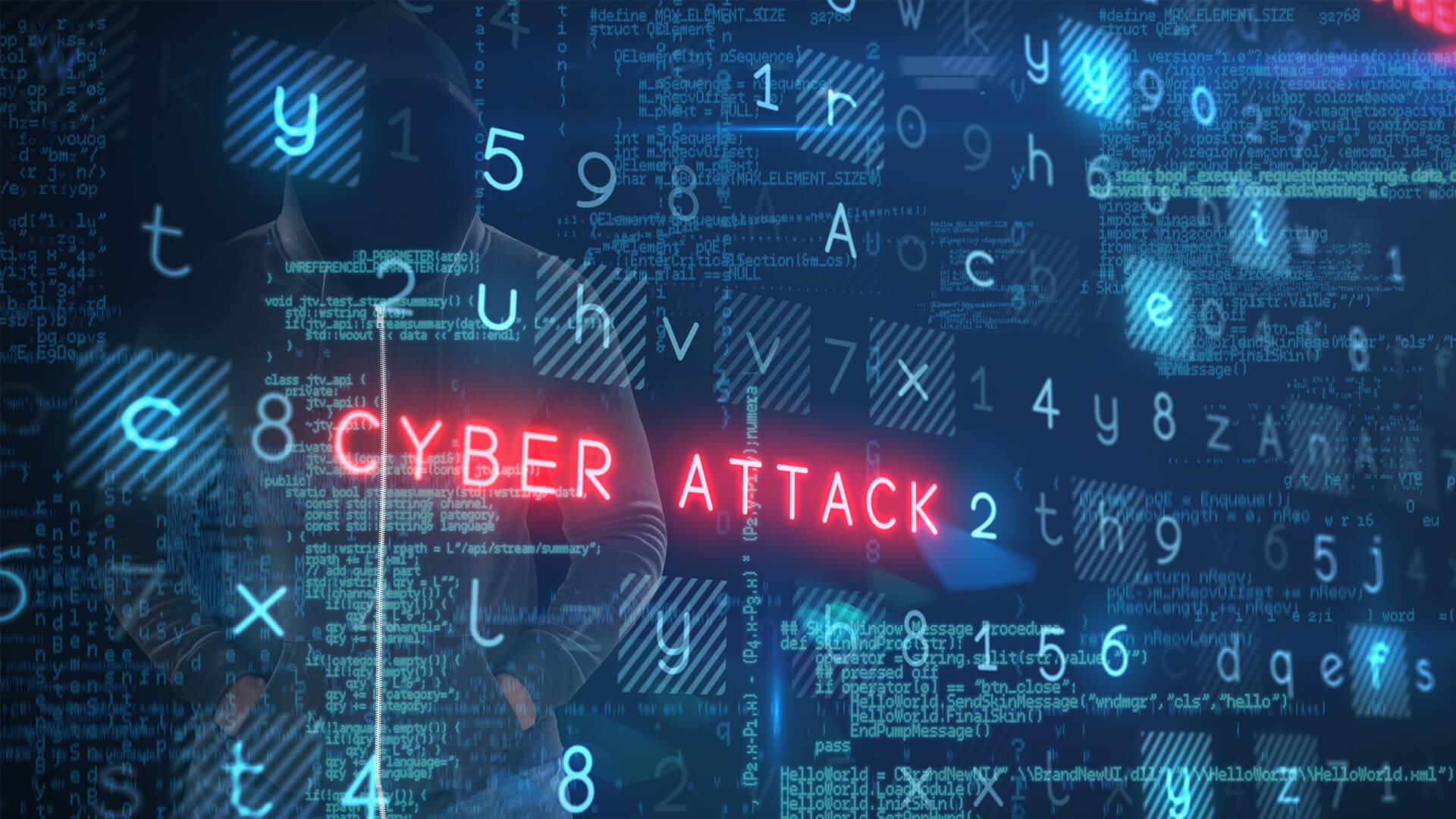
Cyber Crime Targeting Law & Education
Cyber crime is proving to be the biggest threat for the majority of businesses in the modern era, with legal firms proving to be the most at-risk, according to CySure CEO Joe Collinwood. So, how can businesses, legal or not, help ensure their cyber security is up to scratch and able to keep out attackers?
As technology has rapidly advanced and evolved, so have the threats that come with it. Those who would seek to manipulate technology for their own personal gain have become frighteningly skilled at being able to hack into business databases and steal large amounts of personal data. Increasing numbers of businesses are experiencing cyberattacks, aimed at personal financial gain, spreading an ideology, or even political interference.
For businesses in this technological era, mitigating exposure and minimising hackability is paramount in ensuring continued security. It isn’t just businesses that should be striving for more cybersecurity either, as the data that is stolen can seriously impact the personal lives of clients across the world.
Inventive cyber criminals are more attracted to legal firms than other business, largely in part due to the processes that new clients have to go through when working with a law business. Intake processes for legal firms can often require individual clients to present personal information, such as passports, bank statements, tax statements, and social security numbers.
Corporate clients however, also have to share information that is commercially-sensitive. Mergers and acquisitions, contracts, and intellectual property can all be stored with legal firms during any processes. All of this information, if lost or in the wrong hands, would be catastrophic for both the law firm and the client. Reputations destroyed, financial ramifications are countless, and regaining public trust can take a long time.
It isn’t just legal firms under attack however, but also the education sector. According to a September 2019 report from EfficientIP, who specialise in DNS security, user protection and data confidentiality, the education is one of the most heavily-targeted industries, experiencing over five cyberattacks per semester. Research found that 86% of respondents within the education sector have experienced attacks in the past year.
The report also found that the education sector is failing to address its own problem, and not investing in cybersecurity. Universities and other educational organisations suffered an average of eleven attacks in the last twelve months, each costing upwards of $670,000, and a total of $7,370,000 per organisation.
CySure, cyber security specialists under the sage guidance of CEO Joe Collinwood, have partnered with GBMS Tech, to bring an extensive portfolio of next-generation cyber security offerings to clients. CySure’s Virtual Online Security Officer (VOSO), just one of the many innovative offerings, provides staff training, information risk and general data protection processes that organisations require. Employees can be kept up-to-date in training regarding cyber risks and compliance requirements.
Joe Collinwood also outlines six proactive steps that organisations can take to maximise their security levels. So, how can organisations of all industries adapt to cybersecurity changes and ensure that their data is well-protected?
Firstly, organisations must assess their current cyber risk levels. By being aware of the potential risks to their systems, companies can begin to create strategies to mitigate those risks. Secondly, firms can ensure their cyber hygiene is good. Proactively addressing cyber risks, companies can invest in firewalls, anti-virus software, updates, and patches, as well as change passwords and replace end-of-life hardware securely.
The importance of backing up data also cannot be overstated, as data loss can cripple an organisation following the implementation of GDPR in May 2018. Next, firms can develop effective policies, processes and incident response plans. Simple and clear policies can help create a cyber-conscious culture in any workplace.
Finally, companies must consider the role of people in employing cyber solutions, and invest in cyber insurance. Regular awareness training can help combat common scams that businesses face on a daily basis, and cyber insurance can help cover the cost of exposure of data privacy and security.
As more and more businesses are shifting towards digitalisation and incorporating technology into their services, cyber security is becoming more important than ever. With cyber criminals always looking to develop new ways of breaking into vulnerable systems, organisations must take steps to protect themselves, and the valuable data of their clients.



















